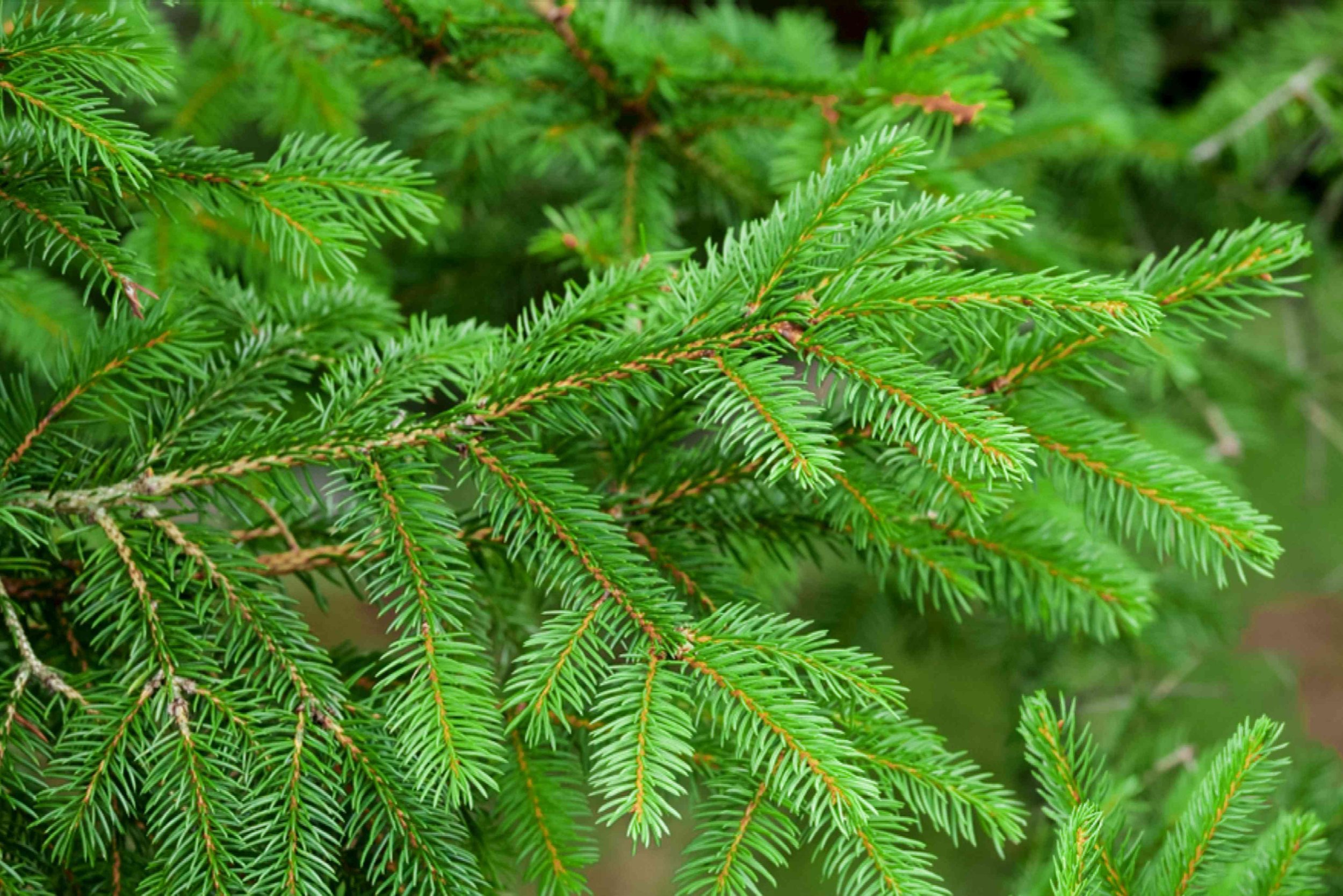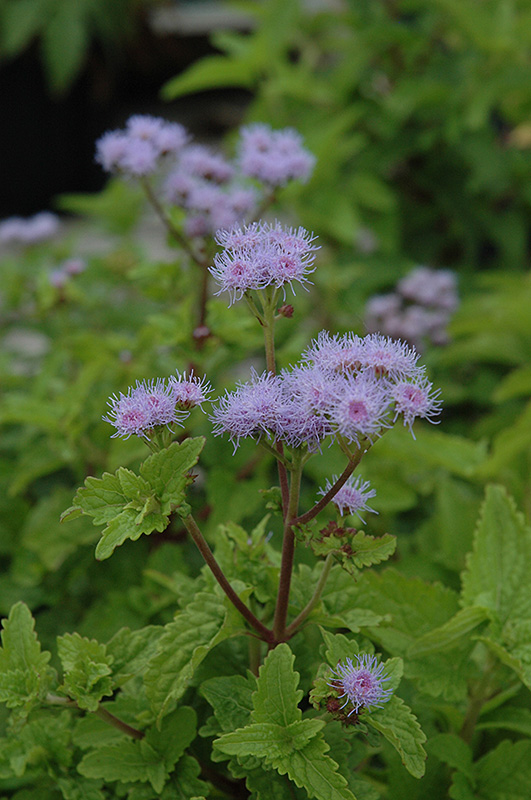
Height: 3 feet
Spread: 3 feet
Sunlight:
![]()
![]()
Hardiness Zone: 4b
Description:
This variety is excellent as a border plant or as a colonizing groundcover; tiny, spidery flowers are a magnet for late season butterflies; spreads very quickly, so may need to be controlled
Ornamental Features
Blue Mistflower features showy blue spider-like flowers at the ends of the stems from mid summer to mid fall. The flowers are excellent for cutting. Its serrated heart-shaped leaves remain green in color throughout the season.
Landscape Attributes
Blue Mistflower is an herbaceous perennial with a mounded form. Its relatively fine texture sets it apart from other garden plants with less refined foliage.
This plant will require occasional maintenance and upkeep, and is best cleaned up in early spring before it resumes active growth for the season. It is a good choice for attracting bees and butterflies to your yard. Gardeners should be aware of the following characteristic(s) that may warrant special consideration;
- Spreading
Blue Mistflower is recommended for the following landscape applications;
- Accent
- Mass Planting
- General Garden Use
- Naturalizing And Woodland Gardens
- Container Planting
Planting & Growing
Blue Mistflower will grow to be about 32 inches tall at maturity, with a spread of 3 feet. Its foliage tends to remain dense right to the ground, not requiring facer plants in front. It grows at a fast rate, and under ideal conditions can be expected to live for approximately 10 years. As an herbaceous perennial, this plant will usually die back to the crown each winter, and will regrow from the base each spring. Be careful not to disturb the crown in late winter when it may not be readily seen!
This plant does best in full sun to partial shade. It prefers to grow in average to moist conditions, and shouldn't be allowed to dry out. It is not particular as to soil type or pH. It is somewhat tolerant of urban pollution. This species is native to parts of North America. It can be propagated by division.
Blue Mistflower is a fine choice for the garden, but it is also a good selection for planting in outdoor pots and containers. Because of its height, it is often used as a 'thriller' in the 'spiller-thriller-filler' container combination; plant it near the center of the pot, surrounded by smaller plants and those that spill over the edges. It is even sizeable enough that it can be grown alone in a suitable container. Note that when growing plants in outdoor containers and baskets, they may require more frequent waterings than they would in the yard or garden.

